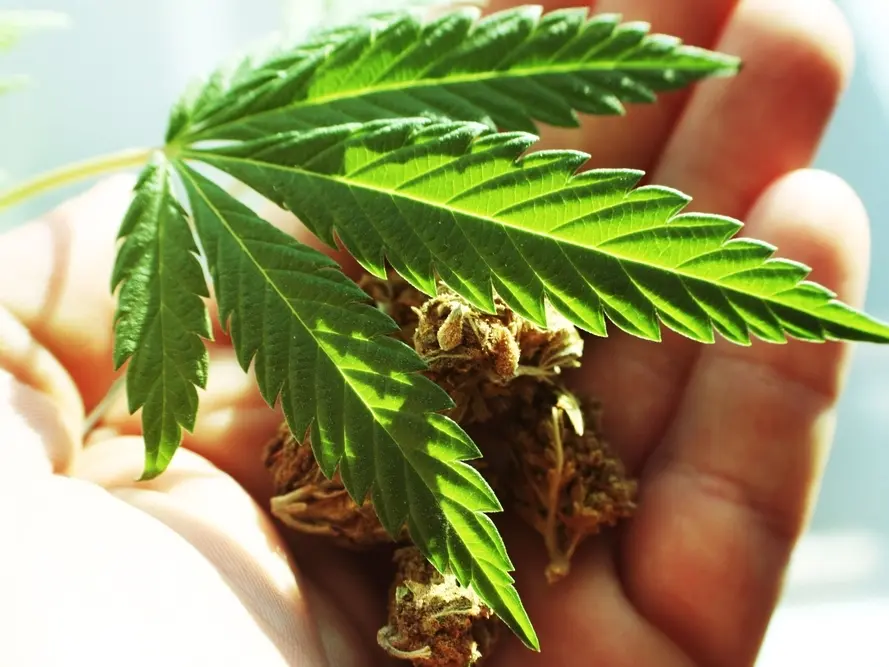Argentina Overhauls Medical Cannabis Program with Stricter Regulations
LOS ANGELES- In 2025, Argentina implemented significant reforms to its medical cannabis program, REPROCANN, introducing stricter regulations for cultivators, non-governmental organizations (NGOs), and medical professionals. These changes aim to enhance oversight and ensure the program’s integrity.
Revised Categories and Permit Durations
The updated regulations redefine participant categories within REPROCANN:
- Patients (Self-Cultivators): Individuals cultivating cannabis for personal medical use.
- Third-Party Cultivators: Trusted individuals authorized to grow cannabis for a specific patient.
- Civil Associations & Foundations: Nonprofits permitted to cultivate cannabis for multiple patients.
- Research & Development Projects: Institutions conducting approved scientific studies on cannabis.
Permit durations have been adjusted: self-cultivators receive three-year permits, while third-party cultivators, NGOs, and research entities are granted one-year permits.
Enhanced Oversight for Non-Patient Cultivators
Third-party cultivators are now limited to growing cannabis for themselves and one additional patient. They must submit regular reports, provide detailed cultivation plans, and possess no criminal records related to narcotics.
Stricter Requirements for Organizations
Nonprofit organizations and research institutions face heightened standards:
- Must have explicit cannabis-related objectives in their bylaws.
- Required to designate a Medical Director with certified cannabis training.
- Obligated to employ a Technical Cultivation Manager.
- Mandated to maintain strict patient confidentiality and traceability systems.
- Compelled to submit biannual progress and chromatographic reports.
Mandatory Physician Qualifications
Physicians prescribing cannabis under REPROCANN must now:
- Be registered in the Federal Network of Health Professionals Registries (REFEPS).
- Hold accredited training in medicinal cannabis treatment.
- Possess a digital signature validated by the Ministry of Health.
The Argentine government asserts that these reforms are necessary to address misuse within the program and to align with its original intent of providing medical cannabis to patients in need. While the changes aim to enhance program integrity, they have also sparked concerns among patients and advocacy groups regarding potential barriers to access and the increased burden on cultivators and organizations.




































